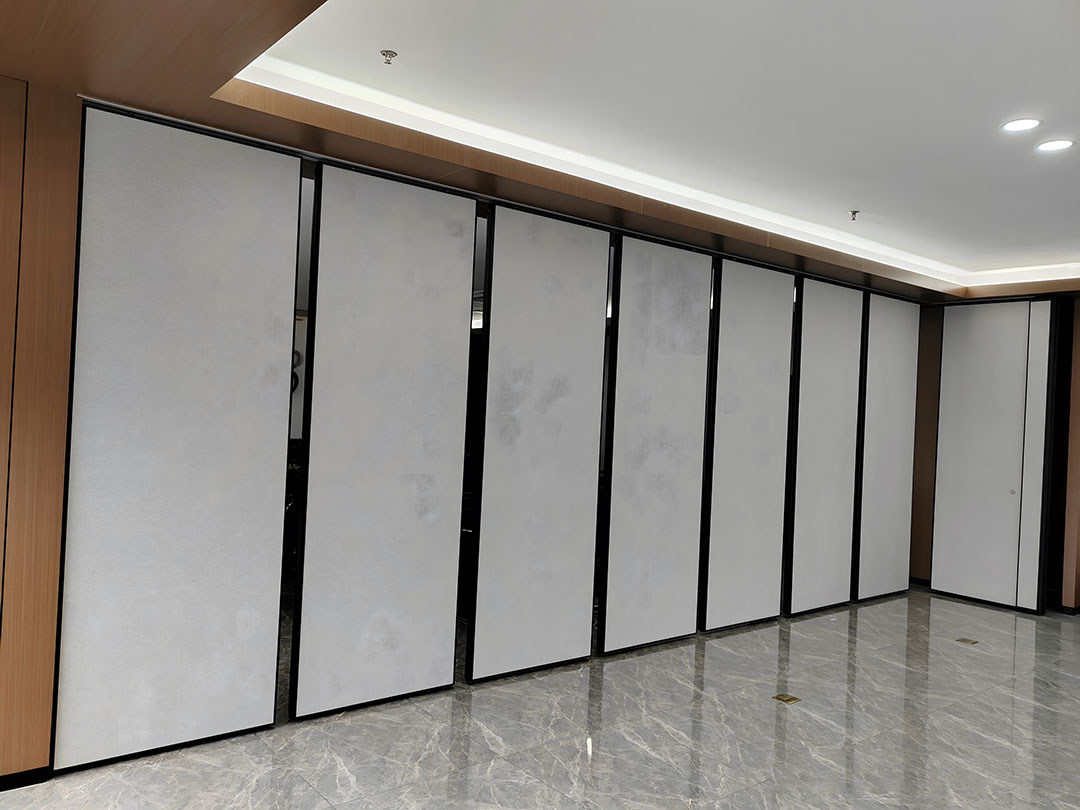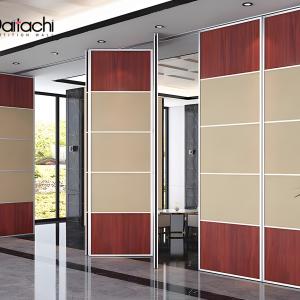As workplaces continue to evolve, flexibility has become crucial. The rise of hybrid work models, the need for adaptable spaces, and the drive to optimize real estate are fueling the demand for acoustic operable walls for office. Here’s why businesses are increasingly turning to this solution:
1. Hybrid Work & Flexibility: With employees balancing remote and in-office days, soundproof Movable Partition Walls for office provide the versatility to effortlessly change office layouts. They enable organizations to create dynamic environments that can transition between open collaborative areas and private, focused workspaces based on daily needs.
2. Maximizing Real Estate: Soundproof movable walls for office allow businesses to make the most of their office space by creating multifunctional rooms without expensive renovations. Companies can easily adjust layouts for meetings, events, or concentrated work, avoiding the need for permanent designs and saving time and resources.
4. Wellness and Productivity: The capability to create quiet, private areas with improved acoustics is essential for maintaining focus in open-plan offices. Movable room partitions also enhance employee well-being by minimizing noise distractions, contributing to a healthier and more productive work environment.
As businesses prioritize dynamic, adaptable spaces that align with contemporary work trends, Sliding room divider are becoming a fundamental aspect of office design. If you want to stay ahead of the curve, incorporating operable walls can provide your office with the flexibility and functionality it requires.
Ready to transform your office space? Let’s explore how demountable operable walls can enhance your next project!
1. Hybrid Work & Flexibility: With employees balancing remote and in-office days, soundproof Movable Partition Walls for office provide the versatility to effortlessly change office layouts. They enable organizations to create dynamic environments that can transition between open collaborative areas and private, focused workspaces based on daily needs.
2. Maximizing Real Estate: Soundproof movable walls for office allow businesses to make the most of their office space by creating multifunctional rooms without expensive renovations. Companies can easily adjust layouts for meetings, events, or concentrated work, avoiding the need for permanent designs and saving time and resources.

4. Wellness and Productivity: The capability to create quiet, private areas with improved acoustics is essential for maintaining focus in open-plan offices. Movable room partitions also enhance employee well-being by minimizing noise distractions, contributing to a healthier and more productive work environment.
As businesses prioritize dynamic, adaptable spaces that align with contemporary work trends, Sliding room divider are becoming a fundamental aspect of office design. If you want to stay ahead of the curve, incorporating operable walls can provide your office with the flexibility and functionality it requires.
Ready to transform your office space? Let’s explore how demountable operable walls can enhance your next project!





